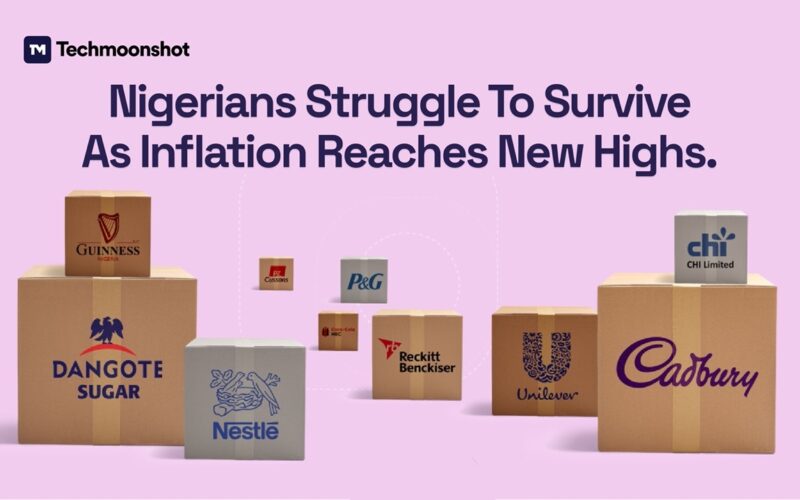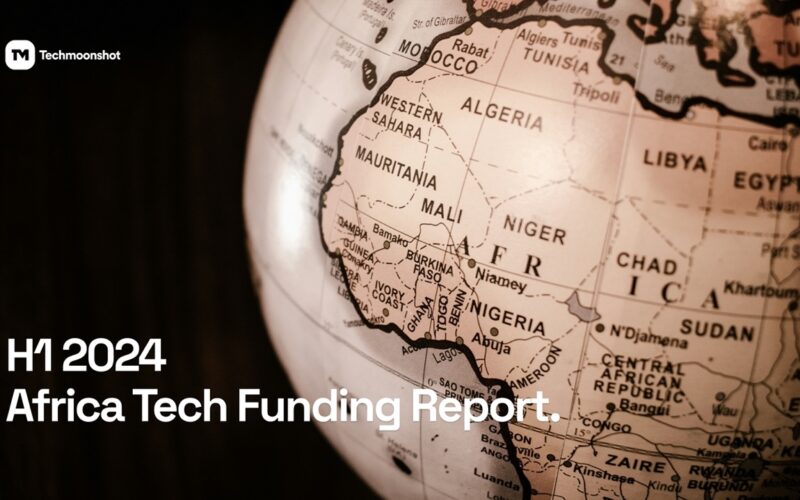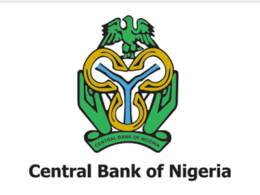Nigeria’s vibrant Fast-Moving Consumer Goods (FMCG) market faces a double challenge: rising inflation and currency devaluation. These economic pressures are creating a difficult environment for both consumers and businesses within the sector, affecting their purchasing power and profitability.
According to PricewaterhouseCoopers (PwC) in its latest economic report on Nigeria, the naira depreciated significantly against the dollar, plunging by 67.8 percent. The exchange rate fell from an average of N461.1 in May 2023 to N1,433.80 in May 2024. This sharp devaluation has made imports more expensive, driving up the cost of goods and raw materials essential to the FMCG industry.
In parallel, Nigeria’s inflation rate has been on a relentless upward trajectory, exacerbating the financial strain on the market. Inflation has climbed to a 28-year high of 33.20% in annual terms, primarily driven by soaring food and energy costs. Various factors, including disruptions in the supply chain, increased production costs, and climatic changes affecting agricultural output, contribute to the spike in food prices. Energy costs have also surged due to global oil price fluctuations and inefficiencies in domestic energy production and distribution.
Read also: The Big Deal: H1 Africa Tech Funding Report.
The combination of these factors—currency devaluation and rising inflation—has severely impacted the FMCG sector. Consumers are grappling with higher prices for everyday goods, which has led to a reduction in consumer spending and a shift towards more affordable alternatives. Businesses, on the other hand, are facing increased operational costs and shrinking profit margins, forcing many to rethink their strategies and explore cost-cutting measures.
To navigate these challenges, stakeholders in Nigeria’s FMCG market may need to adopt innovative approaches, such as leveraging local raw materials to reduce dependence on imports, implementing more efficient supply chain practices, and exploring new markets to diversify revenue streams. Additionally, policy interventions aimed at stabilizing the naira and curbing inflation will be crucial in alleviating the economic pressures on this vital sector.
As Nigeria continues to grapple with these economic hurdles, its FMCG market will face tests of resilience and adaptability. The coming months will be critical in determining how well the sector can withstand these challenges and continue to thrive amidst an increasingly complex economic landscape.












